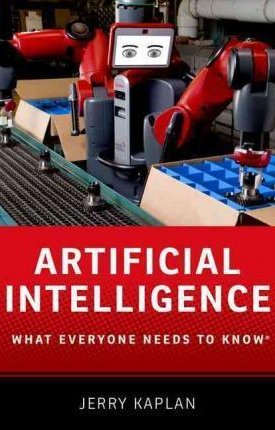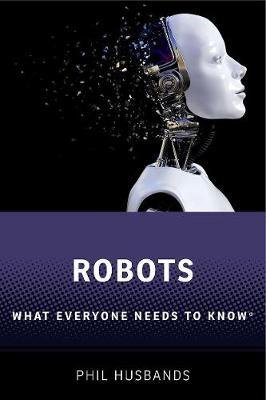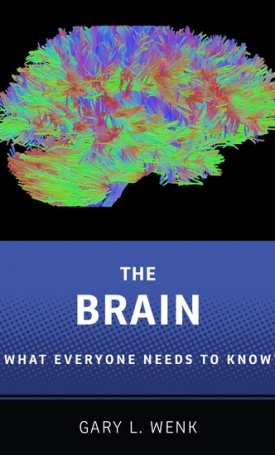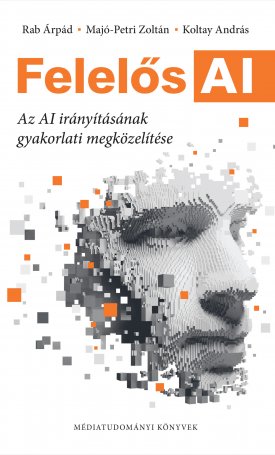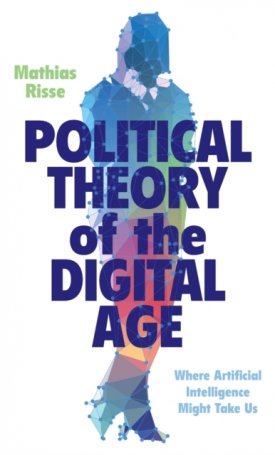Artificial Intelligence: What Everyone Needs to Know
Artificial Intelligence: What Everyone Needs to Know
A quick and accessible introduction to the technology of Artificial Intelligence
Focuses on the practical implications of AI on people`s lives and livelihoods
Debunks the notion that machines are going to rise up and take over, but covers the real possibility of which jobs robots could take over
Could serve as the latest, most comprehensive introduction to the field of AI for an introductory college course
Over the coming decades, Artificial Intelligence will profoundly impact the way we live, work, wage war, play, seek a mate, educate our young, and care for our elderly. It is likely to greatly increase our aggregate wealth, but it will also upend our labor markets, reshuffle our social order, and strain our private and public institutions. Eventually it may alter how we see our place in the universe, as machines pursue goals independent of their creators and outperform us in domains previously believed to be the sole dominion of humans. Whether we regard them as conscious or unwitting, revere them as a new form of life or dismiss them as mere clever appliances, is beside the point. They are likely to play an increasingly critical and intimate role in many aspects of our lives.
The emergence of systems capable of independent reasoning and action raises serious questions about just whose interests they are permitted to serve, and what limits our society should place on their creation and use. Deep ethical questions that have bedeviled philosophers for ages will suddenly arrive on the steps of our courthouses. Can a machine be held accountable for its actions? Should intelligent systems enjoy independent rights and responsibilities, or are they simple property? Who should be held responsible when a self-driving car kills a pedestrian? Can your personal robot hold your place in line, or be compelled to testify against you? If it turns out to be possible to upload your mind into a machine, is that still you? The answers may surprise you.
Table of Contents
Chapter 1: Defining Artificial Intelligence
Chapter 2: The Intellectual History of Artificial Intelligence
Chapter 3: Frontiers of Artificial Intelligence
Chapter 4: Philosophy of Artificial Intelligence
Chapter 5: Artificial Intelligence and the Law
Chapter 6: The Impact of Artificial Intelligence on Human Labor
Chapter 7: The Impact of Artificial Intelligence on Social Equity
Chapter 8: Possible Future Impacts of Artificial Intelligence
Jerry Kaplan, PhD, is widely known as a serial entrepreneur, Artificial Intelligence expert, technical innovator, bestselling author, and futurist, and is best known for his key role in defining the tablet computer industry as founder of GO Corporation in 1987.
Kaplan holds a BA in History and Philosophy of Science from the University of Chicago (1972), and a PhD in Computer and Information Science (specializing in Artificial Intelligence) from the University of Pennsylvania (1979).
Kaplan is currently a visiting lecturer at Stanford University, teaching a course entitled "History, Philosophy, Ethics, and Social Impact of Artificial Intelligence" in the Computer Science Department, and is a Fellow at The Stanford Center for Legal Informatics, of the Stanford Law School.
Sorozat: What Everyone Needs to Know
Kategória: Technika, Természettudomány




